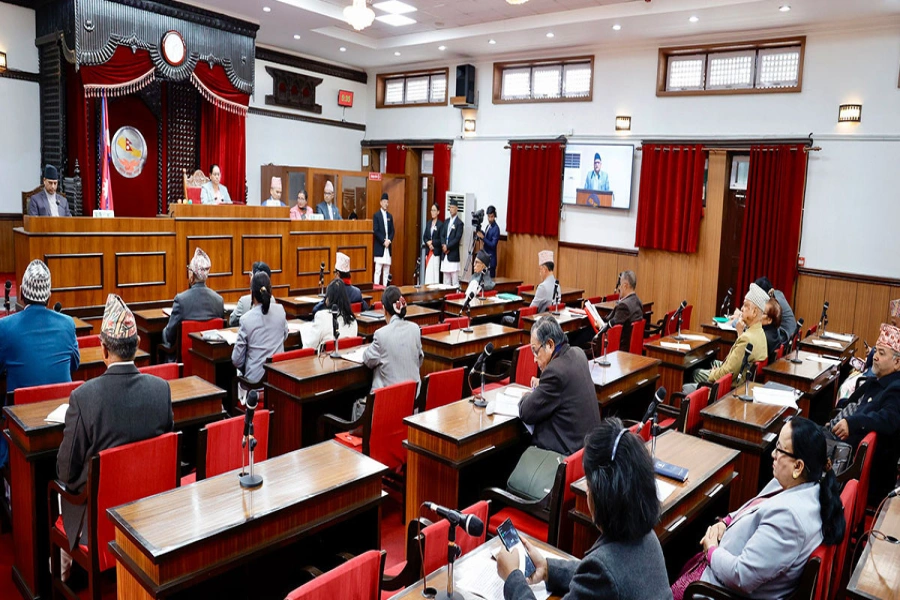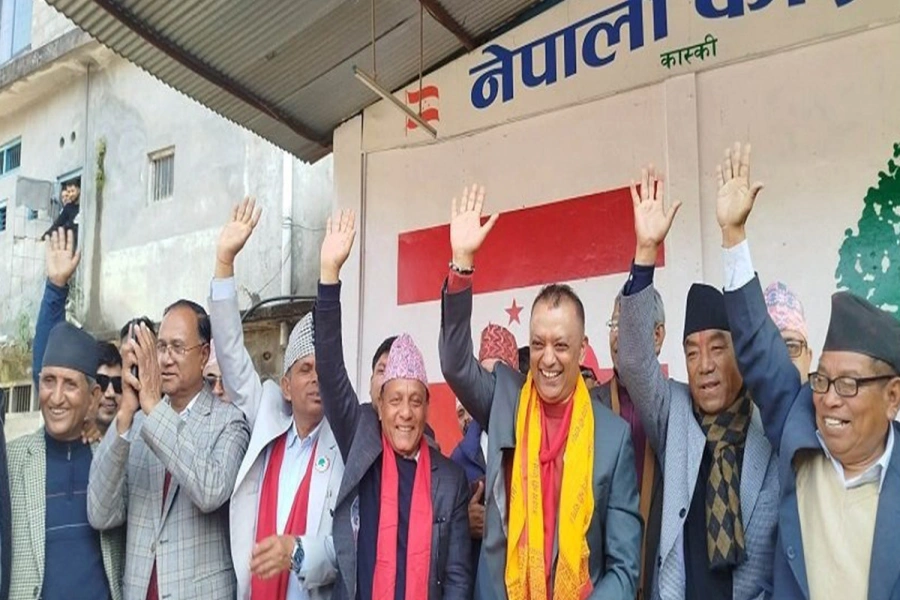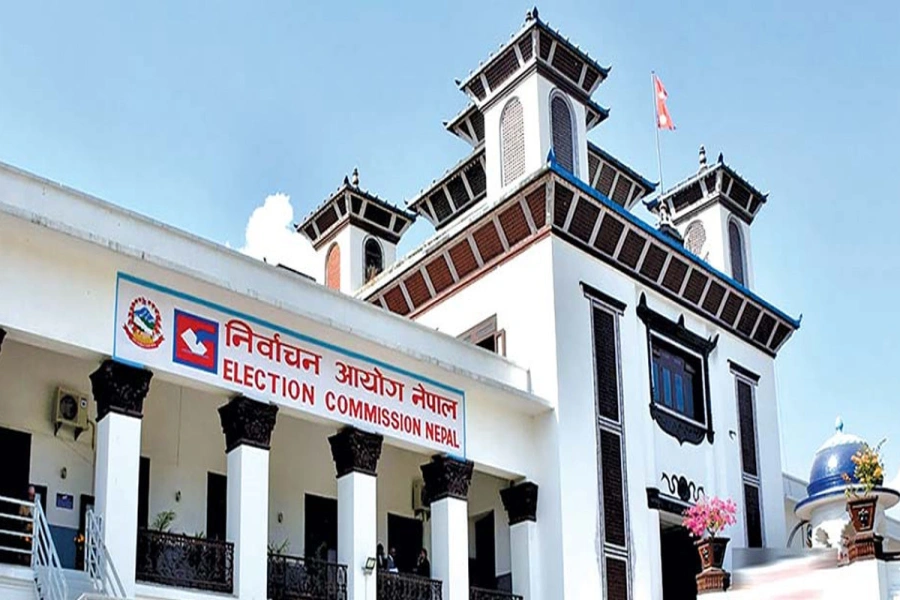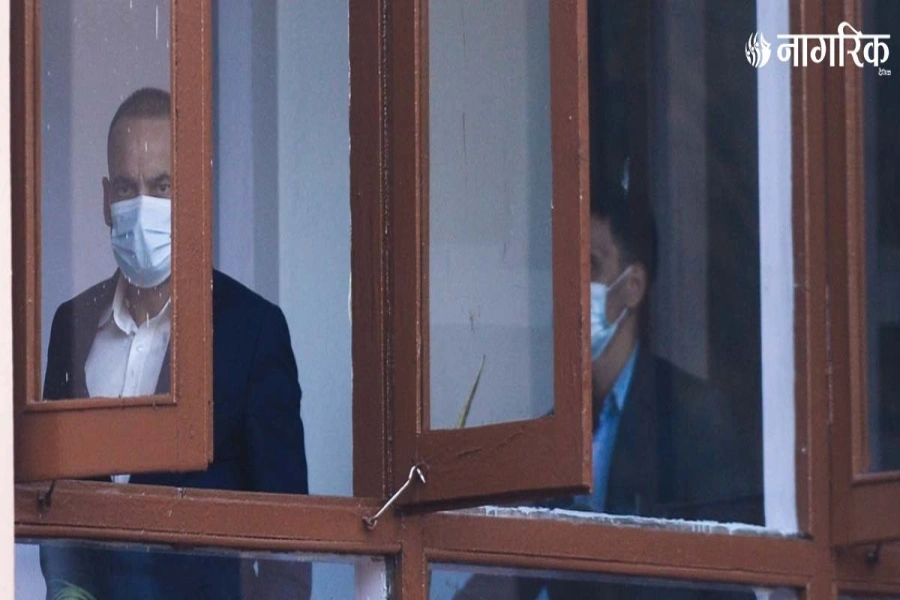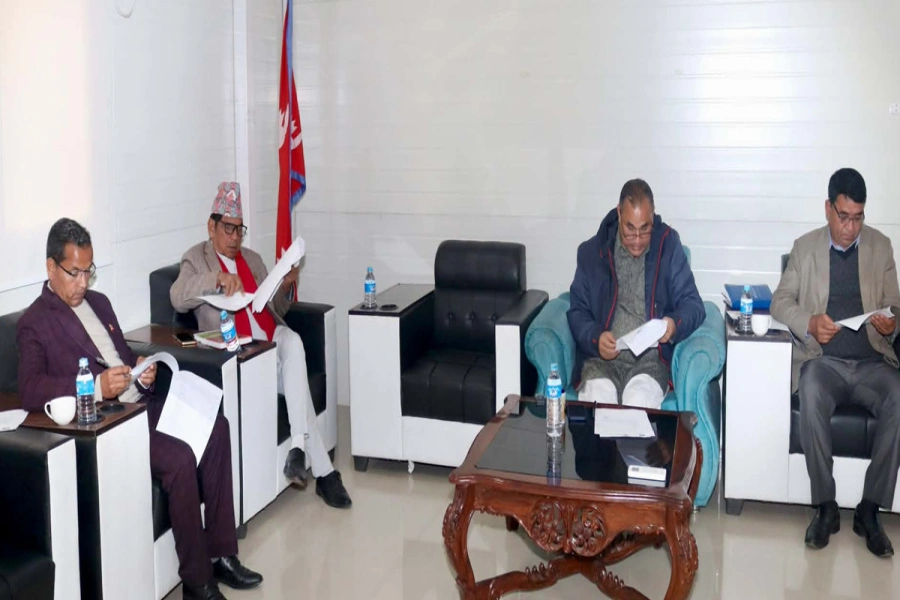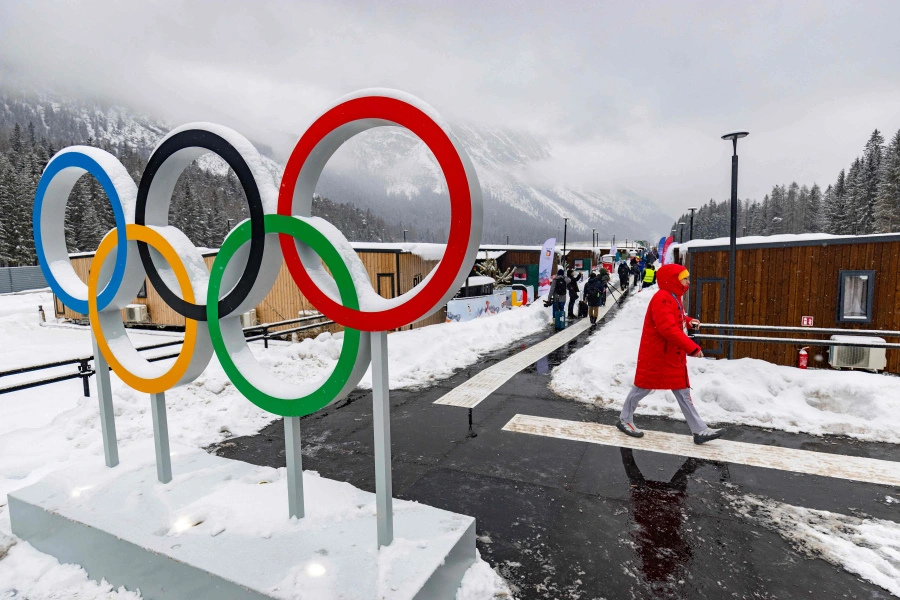A friend to whom KP Oli represented everything that was wrong with Nepali state has stopped writing after his relative joined coalition with UML
I follow one of my Madhesi friends’ writings sincerely. He usually writes on historical atrocities committed to Madhesis by Nepali state. And for a while to him, our new prime minister, KP Oli, his party CPN-UML and its Khas-Arya-colonial attitude towards Madhes represented everything that was wrong with the Nepali state. I partly agreed with his assessments, but I also knew it was easier for him to take such a stand as one of his relatives was a prominent Madhesi politician, and my friend’s stand closely matched with his relative’s, whose stand matched his party’s.
But when the elections for provincial and federal levels were approaching, and new alliances being forming, his relative ended in a coalition with Oli’s CPN UML. With that, my friend’s writings on Oli and his party stopped though he continues to advocate for the rights of the Madhesis.
Changing stand
'Cycle Culture in Painting' workshop organized to promote cycle...

My friend is not an exception but represents this ‘culture of inconsistency’ that is common among Nepalis. This is a tendency to act in a way that is inconsistent with one’s purported beliefs. In case of my friend, at a point, he strongly ‘believed’ Prime Minister Oli and his version of nationalism was against Madhesis. But when time-tested him, when his belief stood against his interests or rather his relative’s, he easily forsook it. One can rationalize the position of his relative saying that politics demands compromise and pragmatism, but the position of my friend, like most of us, is indefensible. His silence is not for Madhesis but is for himself. He wanted to have an amicable relationship with his relative, in case some favor is required later.
This inconsistency is prevalent in societies where formal-legal channels do not work but knowing someone powerful does. Here the aspirant-ambitious class understands that hard work is insufficient, for the institutions have not been designed to churn meritorious and honest, instead it picks those closer to power center. This brings the ambitious class to fawn over the powerful and influential, resulting in further inefficiency and corruption.
In such an environment, everyone has a corner to protect, a side to hide, or someone to please. There is no ground for neutrality and objectivity. Everything is personal and political, and the two are intermixed. There is no space for ideals. The only skill that rewards is survival. This is the situation in most of the developing democracies.
Necessary evil
Most of us never acknowledge this inconsistency. And in case we do, we rationalize it. One of the common means is ‘the necessary evil’ argument where we explain the detours and deviances from our ‘beliefs’ as necessary. Some of us even explain it by saying that one is able to create and sustain a change by being within a system.
In case of my friend, possible explanation might be that with an alliance with Oli, whose party is in the government, there are chances for Madhesis’ demands being addressed. Similarly, second-rung political leaders rationalize their dubious positions by convincing themselves that they are the ‘good one’ and will fix everything once they are in position of sufficient power. Businessmen justify their ‘shortcuts’ by saying that they can only change the system if they are well-established. Eventually, in the name of ‘necessary evil’, we become part of the system, part of the problem, and we never really realize it.
Costly consequences
The lukewarm performance of Bibeksheel Sajha Party in local, provincial, and federal elections is a consequence of this ‘culture of inconsistency’. One of the common reasons we heard from a section (quite large) supporting the Bibeksheel Sajha’s movement but not voting for it was: ‘I supported the party but it had no chance, therefore I voted for so-and-so political party’. This is a variant of ‘the necessary evil’ argument. And for many of us, the so-and-so political party we voted, was based on personal calculation, like my friend’s.
I remember talking to a bideshi, who had been living in Nepal for a while. She mentioned how in Nepal she finds herself doing things which she would not do in her country. This involved not following traffic rules to asking favors from well-networked friends to skipping the usual bureaucratic to and fro.
Essentially, this culture is a part of the surviving mechanism, present in all human beings. It is an effect of the dysfunctional state of our society. But one has to keep in mind that, in the long run, if unchecked, the culture becomes the very cause of our backwardness, and this has been the case with Nepal. Here the dysfunctional system has resulted in the well-off class creating its own parallel system based on give-and-take and self-promotion, where ideals and actions do not align, or even contradict.
sushavniraula@gmail.com



